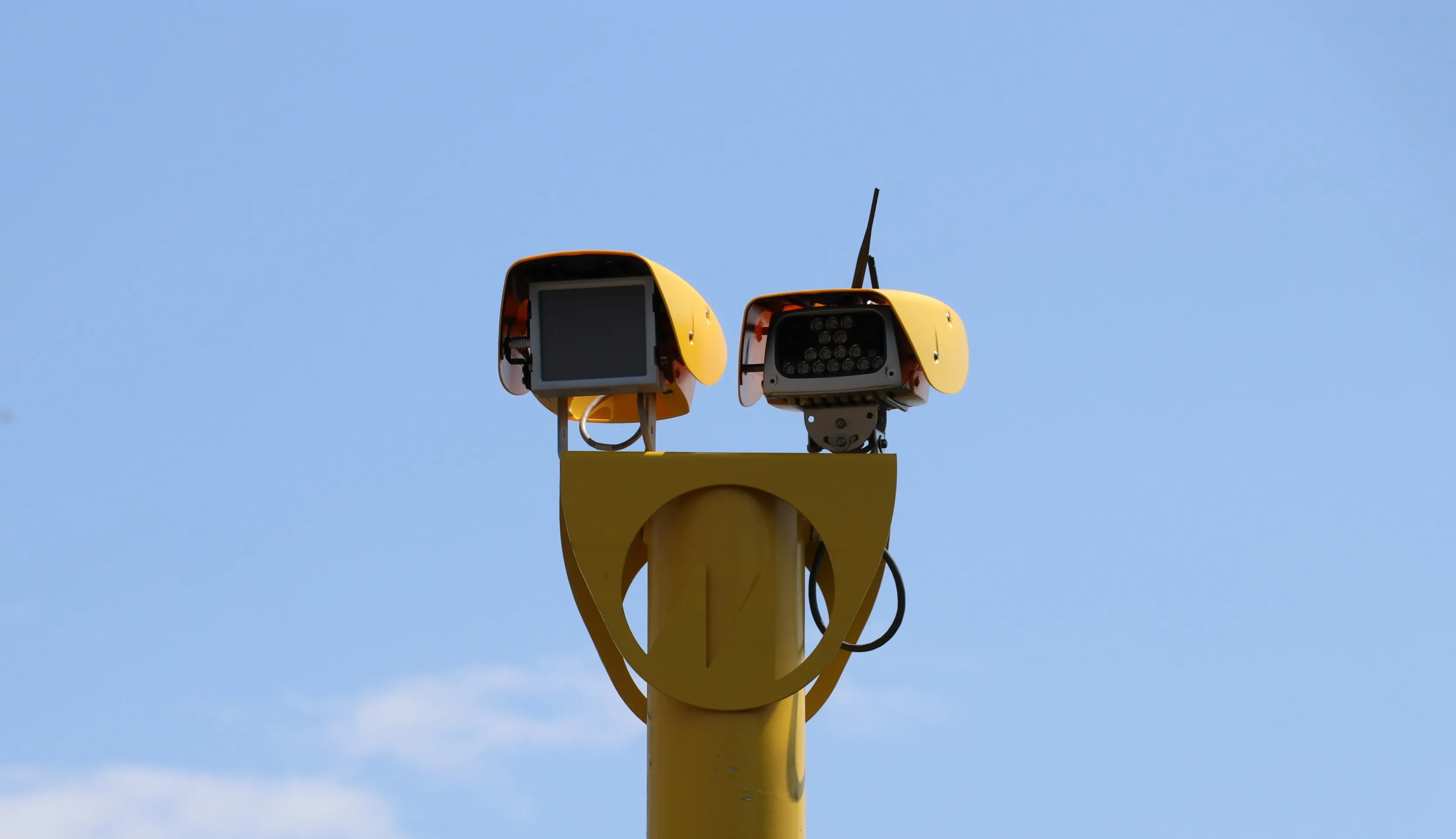
Acusensus‘ smart tech has been used in a three-month UK trial to catch drivers using their mobile phone and not wearing seatbelts.
The Australian firm's AI-enabled software and camera hardware has already been deployed to target distracted and dangerous drivers in New South Wales, Queensland and Western Australia where there has been a 'significant fall' in fatalities, according to Acusensus founder and managing director Alexander Jannink.
But the new programme, which won ITS (UK)'s Enforcement Scheme Award, was a partnership between the UK's National Highways, Warwickshire Police and Aecom, monitoring drivers across motorways and major A-roads in Warwickshire.
A mobile roadside sensor van is equipped with multiple cameras to individually capture every passing vehicle, even at speeds of up to 300km/h (186mph).
The van captured 37 mobile phone offences and 128 seatbelt offences in the first 18 hours of operation, and in one 64-hour period caught 152 drivers using their mobile phone and 512 occupants without a seatbelt – equivalent to one offence every six minutes.
Further analysis showed men were the biggest offenders (94%), and those aged between 30 and 49 years old were responsible for 80% of offences.
The latest findings follow a six-month pilot in 2021, with Acusensus’s fixed camera system on a single lane of England's M4 motorway capturing more than 25,000 instances of mobile phone use and almost 7,000 seat belt offences.
UK government figures show in 2019 there were 420 collisions on British roads involving a driver using a mobile phone, while Department for Transport data shows road fatalities caused by not wearing a seatbelt jumped from 23% in 2020 to 30% in 2021, the highest death rate since 2013.
Jannink said the trial "will no doubt change driver behaviour and make a huge impact on two of the biggest killers on UK roads".
“The mobile enforcement van uses game-changing technology that enables authorities to better understand the scale of mobile phone and non-seatbelt compliance, and to warn drivers and encourage behaviour change."
Technology such as this could be integral to the UK achieving its Vision Zero targets, he added.
Dr Jamie Uff, technical director at Aecom, which is managing this research project for National Highways, said the numbers of people killed or seriously injured due to distracted driving and failing to wear a seatbelt remained high, despite repeated warnings.
“The technology Aecom is deploying makes detection straightforward and is providing valuable insight to the police and policy makers on the current level of road user behaviour," Uff said.
"We are really keen to use this equipment to raise awareness and help improve road safety for all."
The trial has resulted in more than 216 prosecution notices, with Warwickshire Police inspector Jem Mountford describing the technology as a “fantastic tool to support officers in changing driver behaviour and enforcing the legislation for those reluctant to comply”.







